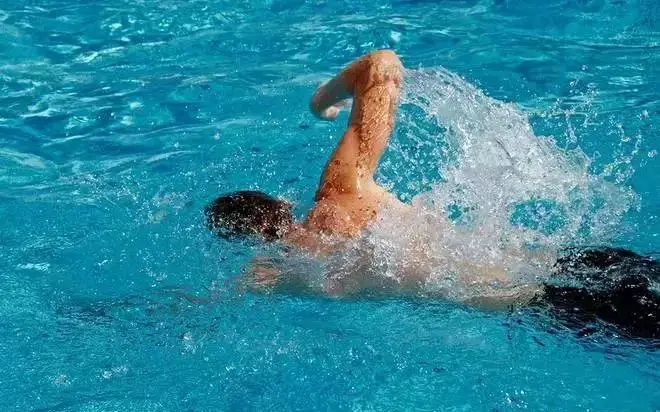You’re lounging by the pool, a cold drink in your hand, and indeed the smell of sunscreen in the air. You chose to dive to cool off just after sweating in the sun. It may well lure you to just lay out in the sun to air dry after taking a dip and save the bath for later. However, that is a terrible idea.
Most people admit to using the pool to substitute showers on occasion. The issue is that swimming pools do not clean you; they do the contrary. If you do not even shower using soap after spending some time in the water, you might experience some unpleasant side effects.
If you own a pool, make it a point for visitors, friends, and family to take a shower after the swim. It might seem like a pointless exercise or even wasting time, but this should be something you do every moment you swim. Furthermore, a shower before dipping a toe in your pool is the most practical strategy you can use at home.
It’s essential if you don’t want to waste all of your free time re-treating and to clean the pool. Pool showers are popular among homeowners because they make it easier to clean up in between swimming.
Contaminants in the Pool Water
You are placing yourself in danger of diseases and infections by failing to shower after swimming, especially in public areas. You also put the health of all those you make contact with within jeopardy because you’re all in danger of developing recreational water infections and illnesses.
There are several reasons as to why you should rinse off the pool impurities away: Toxins in the swimming pool can make the hair itch or dry, and microbes from the pool can persist after you leave. However, there is one main reason you shouldn’t skip a post-swim bath. It has something to do with chlorine.
While chlorine, the primary compound in bleach, kills bacteria and bugs, it can also dry out and irritate your skin, causing rashes, redness, eczema, and itching. Your skin is itchy after just a dive for a reason. Chlorine may have a range of impacts on the skin, which may be visible later on.
What else could be lurking in your swimming pool? Feces, urine, and other pathogens. The Centers for Disease Control and Prevention (CDC) recommends that children be sent out of the pool every hour to go out and pee. Even so, young children lack self-control in large amounts. Washing up the pool with soap after everyone leaves is an effective way to defend everyone from infections.
After swimming, showering helps ensure that microbes are not left behind. So, showering is just as important. After swimming in any water body, taking a shower can help lower the chances of infections and rashes.
Showering using warm water and soap after recreational water sports helps remove bacteria from your skin’s surface and hair. Taking showers is required even if you participate in activities like paddling, boating, or fishing. You still expose yourself to contaminants even though you aren’t immersed in water.
Sources

